Unforgettable stays that combine wild adventure with world-class comfort South Africa is a safari-lover’s paradise — but not all safari camps are created equal. For travellers looking to blend thrilling wildlife sightings with luxury comforts, these ten camps deliver the ultimate experience. Here are our top picks for 2025:
The Serengeti Migration: Beauty, Crowds, and the Call for Responsibility
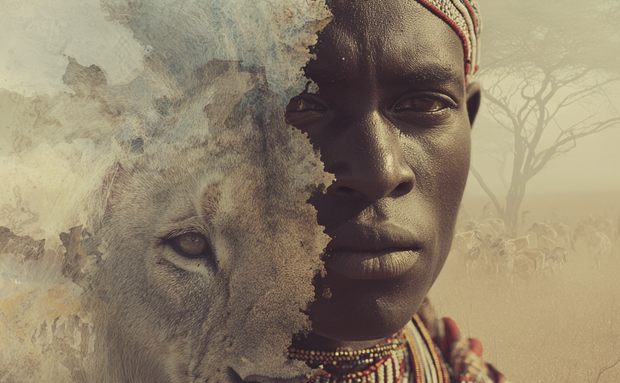
The Serengeti’s Great Migration remains one of the world’s most spectacular wildlife events, but growing overcrowding at river crossings is threatening both the experience and the ecosystem. With hundreds of safari vehicles converging on limited viewing points, herds are stressed, habitats degraded, and guests left in “safari traffic jams.” At African Studio Safaris, we believe in a more responsible approach—partnering with ethical operators, avoiding hotspots, and focusing on authentic wildlife encounters. The migration is not a staged show but a living cycle of nature that deserves respect and protection.
The Great Migration in the Serengeti: Beauty, Pressure, and Responsibility
Few natural spectacles rival the Great Wildebeest Migration in the Serengeti and Maasai Mara. Each year, over 1.5 million wildebeest, accompanied by hundreds of thousands of zebra and gazelle, journey in a vast circular route in search of fresh grazing. For many travelers, witnessing the dramatic Mara River crossings—where herds plunge into crocodile-filled waters while predators lie in wait—is a bucket-list experience.
Yet, as this natural wonder has grown in global renown, it has also become a victim of its own success.
The Current Situation
In recent years, especially post-pandemic, there has been a sharp increase in the number of safari vehicles crowding prime viewing spots at the Mara and Grumeti rivers. On some days, more than 200 vehicles gather at a single crossing point. This “safari traffic jam” creates a number of challenges:
- Stress on Wildlife: Vehicles pressing too close can block natural migration paths, confuse herds, and delay crossings, which increases panic and fatalities.
- Environmental Impact: Heavy use of off-road driving erodes fragile grasslands and riverbanks.
- Diminished Guest Experience: Instead of the quiet drama of nature, travelers sometimes find themselves in a noisy, congested spectacle of idling engines and jostling vehicles.
This situation—often described as a “debacle” by conservationists and responsible operators—has sparked urgent debate within the safari industry about how to balance guest demand with sustainability.
What’s Driving the Pressure?
- Limited River Crossings: The drama of wildebeest launching into crocodile-infested waters is the most sought-after scene, but crossings only happen at a few points.
- Social Media Influence: Viral photos and videos of dramatic crossings have heightened demand, encouraging many operators to guarantee sightings—even at the cost of responsible practices.
- Rapid Tourism Growth: With Tanzania and Kenya both heavily reliant on tourism, park revenues are tied to visitor numbers. Regulation and enforcement often lag behind demand.
A Need for Responsibility
At African Studio Safaris, we believe the migration should be experienced with respect—for both the wildlife and the environment. That means:
- Avoiding Overcrowded Hotspots: Sometimes the most meaningful wildlife encounters happen away from the chaos. Following herds across the plains, watching predators track in the golden light of dawn, or simply sitting quietly as thousands of wildebeest graze undisturbed can be just as profound.
- Supporting Ethical Operators: We partner only with lodges and guides committed to low-impact practices—limiting vehicle numbers at sightings, enforcing no off-road driving rules, and prioritizing animal welfare.
- Educating Guests: The migration is not a staged event; it is a fluid, unpredictable natural cycle. A responsible safari embraces the rhythm of the bush, rather than chasing guarantees.
Looking Ahead
Conversations are already underway among park authorities, conservation NGOs, and leading operators to create stricter guidelines around vehicle numbers at crossings, introduce booking or permit systems for hotspots, and expand monitoring. The goal is to ensure that the Great Migration remains one of the world’s most awe-inspiring natural events—not an overcrowded tourist attraction.
For travelers, the best way to help is by choosing carefully. When you book with operators like African Studio Safaris, you are voting for conservation, ethical tourism, and a more authentic experience.
After all, a safari should be about connection: with wilderness, with wildlife, and with the rhythm of nature—something that no crowded riverbank can ever replace.
Further Reading
At African Studio Safaris, we believe that travel agents are more than just booking engines—they’re trusted advisors, problem-solvers, and dream-makers. In an age of online platforms and DIY planning, travel agents still remain the most valuable asset a traveller can have—especially when planning a once-in-a-lifetime safari in Africa. In this blog, we want to spotlight why travel agents matter, how they elevate every journey, and why our role as a Destination Management...
Are you ready to embark on an unforgettable adventure in Southern Africa? Whether you're a thrill-seeker, a culture enthusiast, or someone seeking a unique getaway, our curated itineraries offer the perfect blend of excitement, exploration, and relaxation. At African Studio Safaris, we’ve crafted three exceptional journeys designed specifically for millennials who crave authentic experiences and stunning landscapes.


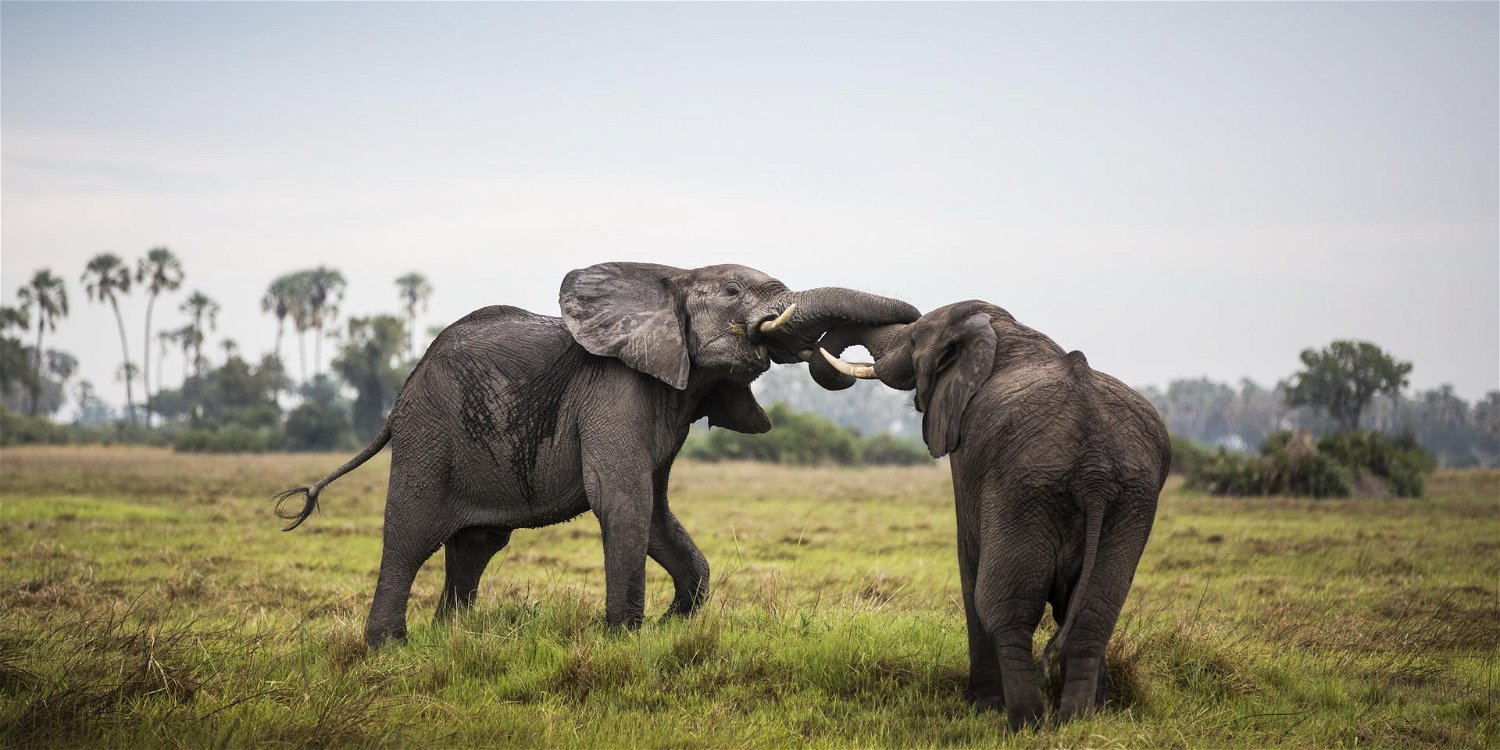



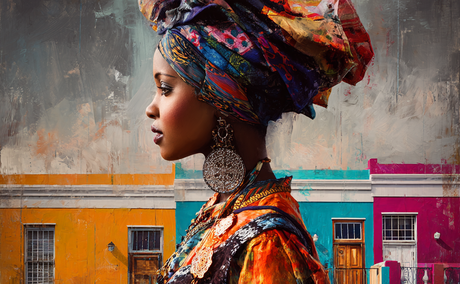
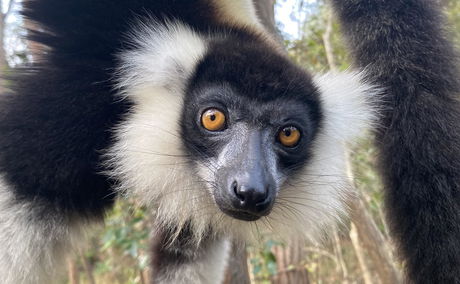
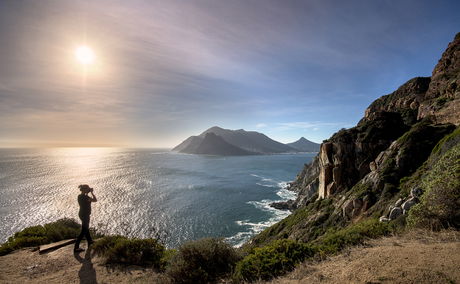
Share This Post